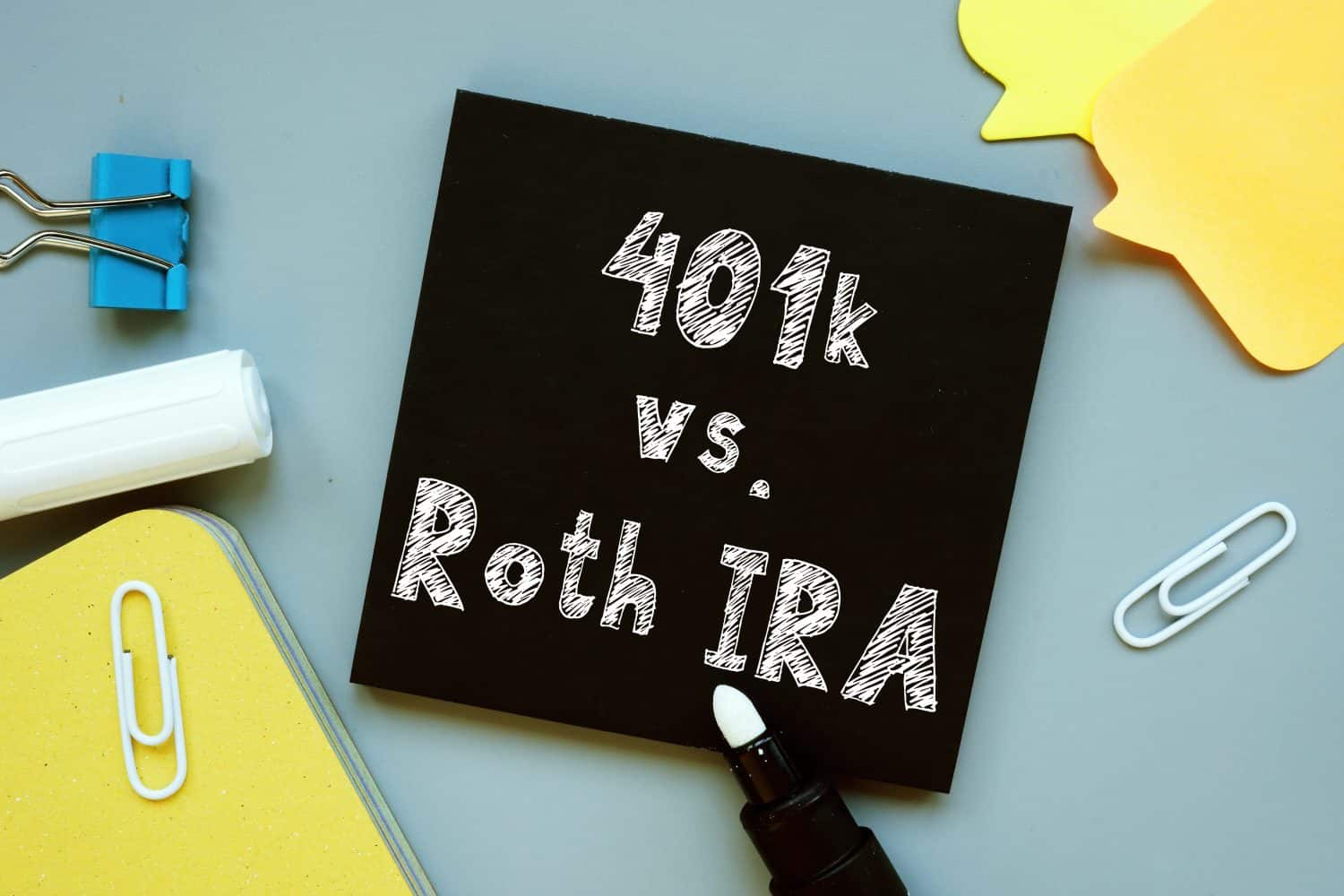
"Indeed, we've seen a growing divergence in the economy build among the "haves" and "have-nots." The top 10% of income earners in the country now account for roughly half of all consumer spending. And with the U.S. economy continuing to be driven by consumption, this means that those with assets in their retirement plans should count themselves as lucky, as they revel in the wealth effects this reality can provide."
"It's true that market downturns often spark fear and uncertainty, but savvy investors know that within the chaos lies opportunity. When stock prices dip, one potential silver lining is the chance to execute a Roth IRA conversion at a lower tax cost. Why? Because when asset values decline, converting a traditional IRA to a Roth IRA means paying taxes on a smaller balance, potentially reducing your overall tax burden. More importantly, once the market rebounds, your investments can grow tax-free-maximizing your retirement wealth."
Converting pre-tax retirement assets to a Roth requires paying income tax on the converted amount today in exchange for tax-free growth and no required minimum distributions later. Performing conversions after market declines reduces the taxable conversion amount because asset values are lower, potentially lowering current tax liability while preserving future tax-free appreciation when markets recover. Partial or multi-year conversions can manage bracket impacts and avoid pushing income into higher marginal tax rates. Conversions are less attractive if anticipated future tax rates are lower than current rates or if liquidity to pay conversion taxes is insufficient. Consult a tax advisor for personalized planning.
Read at 24/7 Wall St.
Unable to calculate read time
Collection
[
|
...
]